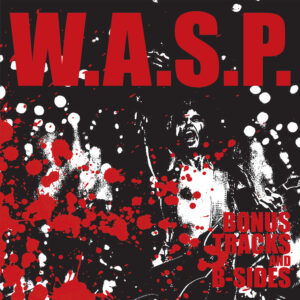ASCAP Adds Licensable Share Information To Promote Greater Transparency In Public Performance Rights

The American Society of Composers, Authors and Publishers (ASCAP) announced that it has added new information to its publicly available online database indicating what percentage share of public performance rights it represents for each of the more than 10 million musical compositions in the ASCAP repertory. With 555,000 members, ASCAP is the first US public performance rights organization to go public with licensable share data.
Already the most visited page on the ASCAP website, the ACE Database (www.ascap.com/ace) will now include what percentage of fractional shares to each copyrighted musical composition is “controlled by ASCAP.” The updates will support ASCAP’s request to the US Department of Justice for its members to have more flexibility in their ability to withdraw certain digital rights from the ASCAP repertory by providing a more complete and transparent picture of the intellectual property rights represented by ASCAP.
“Songwriters and composers depend upon ASCAP to support themselves and their families. If public performance rights societies are going to survive and thrive in a global music economy driven by data, then we must be willing to be fully transparent regarding what shares of songs we are licensing,” said ASCAP CEO Elizabeth Matthews. “ASCAP is willing to lead the fight for greater transparency in this sector to support fair market value payments to our songwriter and publisher members and we urge other stakeholders to follow suit.”
As part of its ongoing review of the ASCAP and BMI consent decrees, the Justice Department is considering whether ASCAP and BMI should be required to license the songs in their respective repertoires on a 100% basis, regardless of the percentage of the song their affiliated writers or publishers actually own or control. ASCAP believes that requiring 100% licensing would negatively affect its songwriter and music publisher members.
Source: ASCAP


